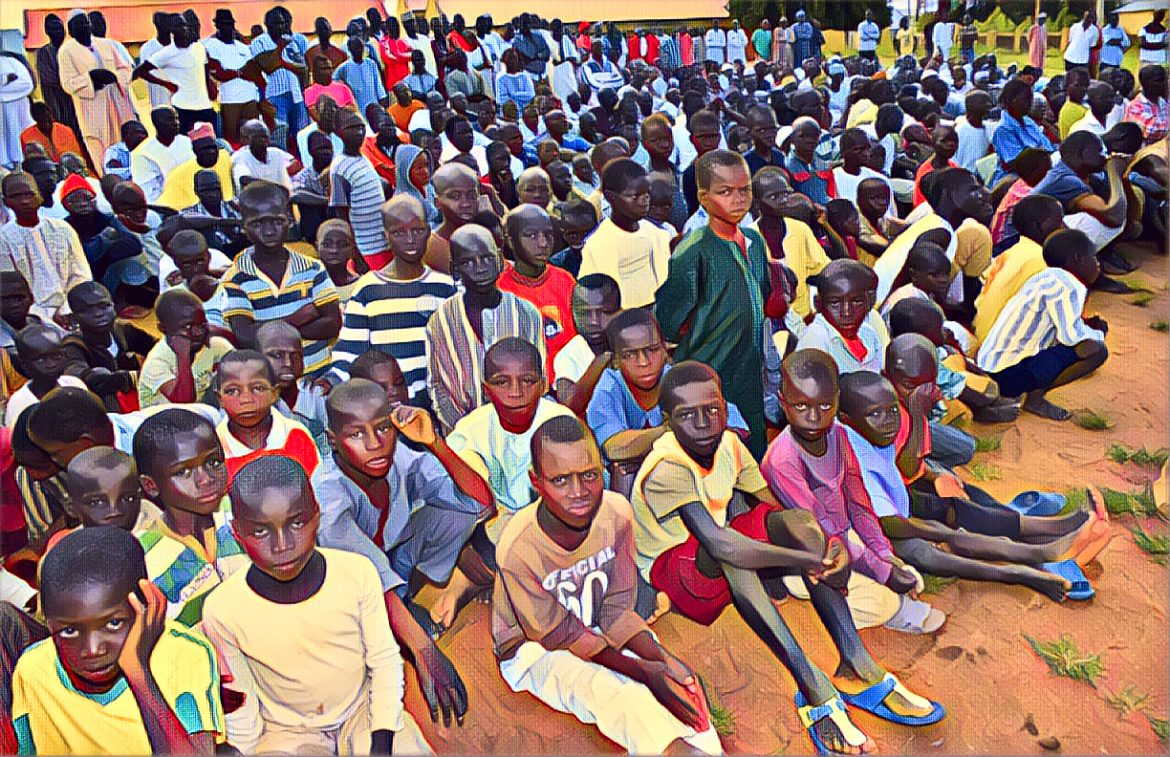KEY POINTS:
- Nigeria faces a major economic challenge with 18.3 million children out of school, the highest number in the world.
- The education crisis has long-term consequences, limiting economic growth, increasing poverty, and hindering workforce development.
- Experts urge urgent reforms and investments in education to address the crisis and secure Nigeria’s future prosperity.
Nigeria currently has the highest number of out of school children in the world with a figure of 18.3 million. This education crisis is not only a bad factor for the humanity but it also poses a severe, serious threat to the country’s economic front and is liable for sore future loss.
Because such a significant portion of the population cannot attend school and receive even basic education, experts have stated that Nigeria is headed for long-term problems that may well paralyze the economy.
A greater percentage of the out of school children is found in the northern part of Nigeria, because of poverty, insecurity, cultural restraints, and inadequate facilities to enable children to attend school.
This issue affects girls most because aside from being expelled from school they are forced to early marriage and other cultural practices like early forced marriages that lock up the girl at home only add to the gender gap in education.
Out of school children economic effect
Since education defines skills, lack of it in the African continent reduces skills development needed for the growth of the workers and thus the economy.
These millions of children in Nigeria have no basic education, and therefore cannot get the necessary skills to secure employment hence they are condemned to live in poverty. This precedes a domino effect in the economy since illiterate citizens create low employment, less production and a weaker job market.
With the push towards the diversification of the Nigerian economy from oil, challenges include having no access to an educated pool of workforce that is pro-technology, manufacturing and services-related industries. As it stands, the experts have warned that if things remain this way,
Nigeria may not be able to capture the demographic dividend which is a situation where a growing population of the youths are educated to help advance the economy. Hitherto, the country is in a constant production of more unskilled, jobless youths thus contributing to the rise in crime rates, social instabilities and generally become a burden to the state since they are often supported by the government.
Business Day reports that the cost of Nigeria’s education deficit is steep. An illiterate populace slows the country’s growth in the global marketplace, deters overseas investors and overburdens society services.
If no action is taken soon, the economic future of this country remains rather grim, and the young generation will not be able to find a better way of living and contribute to the development of the nation.
Challenges to education and their counterparts
The reasons why Nigeria has high out-of-school children are many and are in a way or the other interconnected.
Fear due to Boko Haram in the North-East region has made it risky for children to go to school. Most schools have been burnt down and in some cases education systems have been affected for several years now. In the same capacity, cultural factors have played part in the problem through issues like child labor early marriages and education preference being inclined towards religious studies.
According to the experts, this crisis cannot be solved without a complex solution, starting with the significant investment in education infrastructure. First of all, a construction of new schools, especially within rural and poorly schooled zones, and encouragement of families for children’s staying at schools are necessary and sufficient starting steps.
In addition, it will also be important to support community awareness of cultural routines and provide governmental laws on women rights and ban of child labor to enhance the school attendance.
They have tried through programs such as Universal Basic Education (UBE) though funding shortfalls, corruption, and poor implementation has hampered attempts at achievement. What is desperately required would be to undertake a fresh attempt to education reform, with sound financial support and obligations to answer for it.
Hope for Nigeria’s future
However, there are indications that Nigeria can turn the education crisis around and open up its economy. Thus, investing in education of several millions of young citizens Nigeria has a unique chance to develop a pool of qualified human capital capable to foster innovative and business initiatives for the country’s economy diversification.
Scholars claim that high literacy rates for the population can be the primary conditions for economic development, eliminating poverty, and creating stability.
The solution to the problem of out of school children will not only guarantee the future of millions of youths in Nigeria but also create a Nigeria that will be more competitive in the future world economy.


